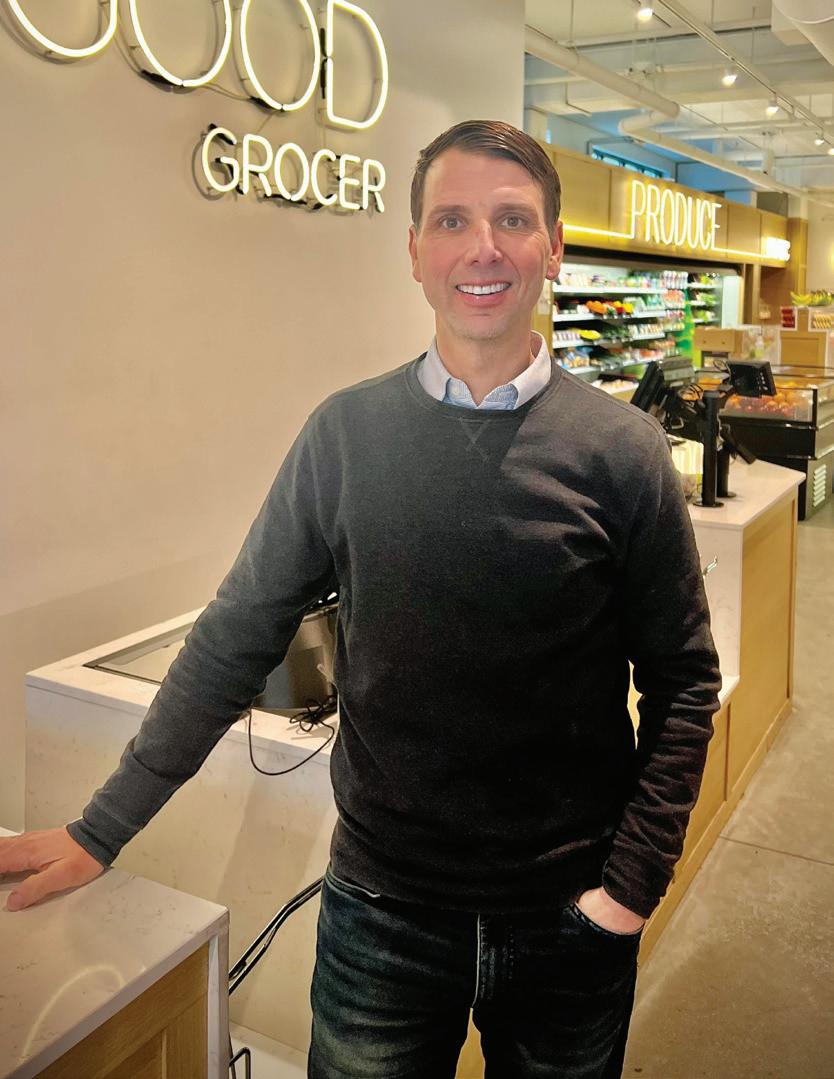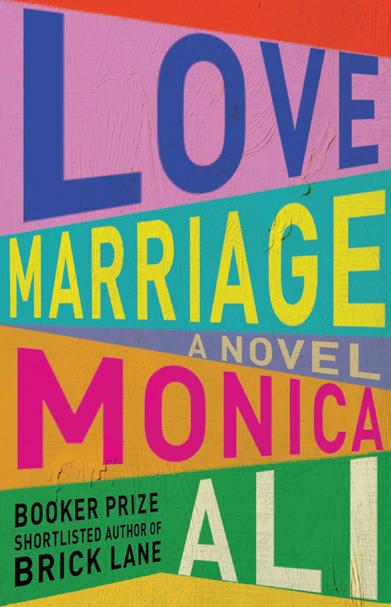
2 minute read
The Good Grocer
Kurt Vickman is an innovative social entrepreneur who is compelled to make a difference in the lives of others. He harnesses a volunteer network and provides accessible and affordable food in his one-of-a-kind grocery store, Good Grocer, located in Minneapolis’ Whittier neighborhood. Yet, what is most remarkable is how it serves as a “place of empowerment” for those who feel overlooked.
Good Grocer is a neighborhood store powered by 500 volunteers, who qualify for a 20 percent discount if they regularly volunteer 2.5 hours a month. Shoppers experiencing food insecurity are eligible to shop the food outlet, the 800-square-foot store-within-a-store where goods are deeply discounted.
The Good Grocer concept launched from an Edina church, Upper Room Community, where Vickman served as pastor after its founding 14 years ago. An experiential worship service was the engine for the founding of a food club that has grown, guided by Vickman, to today’s store.
What makes Good Grocer stand apart is the people: a worker with Asperger syndrome who struggled cashiering at another store but found a home at Good Grocer; a volunteer who is legally blind but volunteers as a stocker; a man who said, “I can’t read. Can I still volunteer?” Good Grocer attracts a large contingent of retirees and welcomes volunteers from a Richfield nonprofit serving young adults with learning differences and a Minnetonka charter school serving those with autism.
“People are the heartbeat of the ‘good’ in Good Grocer,” Vickman says. “The fact that they are seen here makes this place special.”
Good Grocer recently celebrated its two-year anniversary in its current location. Next, Vickman plans to open Good Eatery, a food hall inside the store that will serve as a neighborhood gathering place. Discover more at goodgrocer.org.
Read Family Secrets
The novel Love Marriage by Booker Award–finalist Monica Ali opens in the London bedroom of 26-year-old Dr. Yasmin Ghorami. The delicious scents of her ma’s cooking—pans of curries and deep-fried savories—waft through her parents’ townhouse. Ma’s food will be packed into Tupperware containers to be taken to the home of Harriet Sangster.

Harriet is a feminist and a writer of great renown. She is also the mother of Joe, Yasmin’s fiancé. This dinner will be the first meeting between Harriet and Yasmin’s parents, Dr. Shaokat Ghorami and Anisah. There they will begin the plans for their children’s wedding. Yasmin is anxious about first impressions on both sides, to say the least.
Joe, like Yasmin, is a doctor. His profession makes up for the fact that Joe is not from India and is not Muslim. Yasmin’s marriage will be a love marriage, as was her parents’. Her father was poor and orphaned.
He worked his way through school. Her mother was the daughter of a wealthy businessman, who paid for his son-in-law’s medical training. The young couple moved to London, where Yasmin’s father finished training and found employment.
Both Yasmin and her younger brother, Arif, were born in England. Their experience of the country is dramatically different from their parents’ situation. They feel the slights—and often outright racism— accorded to brown-skinned people, something that their parents ignore or do not notice.
As the plans for Yasmin and Joe’s marriage get underway, family secrets long suppressed come to the fore. Cultures clash. Like episodic TV, this novel both surprises and satisfies in all the best ways.










